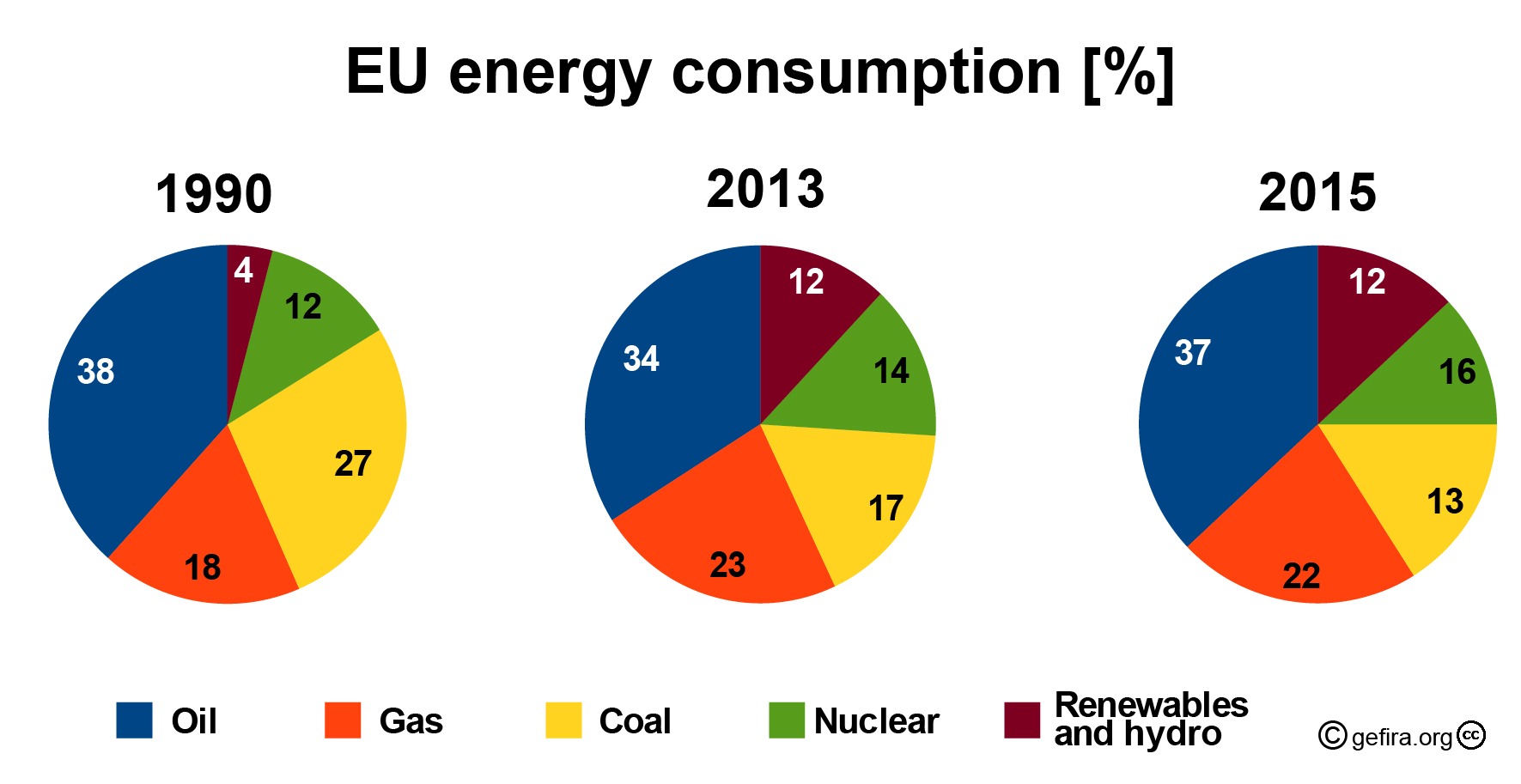The current President of the EU Council has a good reputation in the EU circles, but not in Poland: he had to flee from his home country to Brussels, completely compromised. After all, his government was a catastrophe: mass emigration of young Poles, tampering with the coffers of future pensioners, corruption and benefit scandals, the Amber Gold affair, the all-pervasive nepotism in his Civic Platform (PO) party, numerous sins of omission crowned by Nord Stream.
Young unemployed people can light the torch of a revolution. If you want to secure your position in politics, you leave salaries low and open the borders. The discontented young unemployed emigrate and only those who have less motivation to take to the streets remain. In 2005 Donald Tusk made this trick, this intervention on his nation. He threw Poland into the arms of the EU: since then the population has fallen significantly due to the emigration of many young Poles. Nigel Farage aptly commented on this when he turned to Tusk in the European Parliament: „Your debate is about emigration, and time and again you’ve promised the Polish voters that young poles would return to Poland, and at the same time Mr Cameron has promised the British people that fewer Poles would come to us. Well, it turns out that you’ve both been wrong and your country has been depopulated by 2 million people since you joined the European Union and the reason is obvious: it’s money, isn’t it? And you yourself prove the point. You are the newest Polish emigre and you’ve gone from a salary of 60 000 euros a year to a salary of 300 000 euros a year. So congratulations! You’ve hit the EU jackpot!”What moved Tusk, besides money, to go to Brussels and interrupt his political career in Poland? Continue reading




















